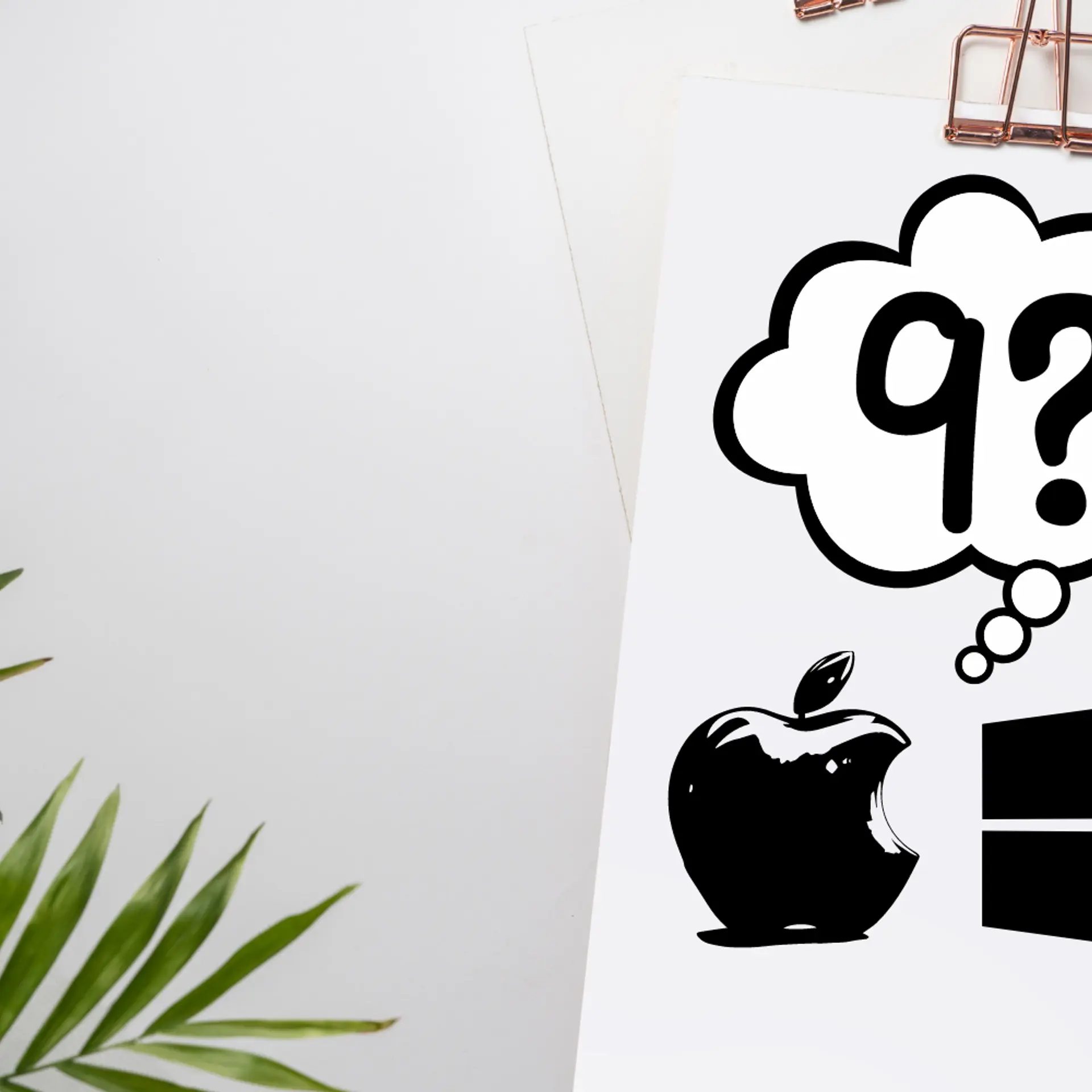Here’s how you can identify and deal with ethical dilemmas amid the ambiguity in the business world
Studies show that a person’s ethical behaviour is more affected by situational influences, including deference to authority, conformity to others, and overconfidence in one’s ability to act, rather than his/her character.

“This conversation never happened.” “If we do not do it, someone else will.” “It doesn’t really hurt anyone.” “I want to be a team player.” “That’s how it’s always been done.” Do these sound like familiar scenarios in the workplace? If they do, these are warning signs of potential ethical situations and rationalisation of such behaviour. Ethical dilemmas are a normal and predictable part of most jobs. Therefore, it is important to be conscious of our thoughts and behaviour, so that we are more likely to notice, and act upon, ethical issues before they become a problem.
Studies have shown that a person’s ethical behaviour is affected more by situational influences rather than his/her character. Situational influences include obedience to authority, conformity to others, following group decisions, and overconfidence in one’s ability to act appropriately.
Philip Zimbardo, professor emeritus at Stanford University, said under the right conditions good people can be induced, seduced, and initiated to act unethically. This was analysed and studied in the Asch experiment, in which Solomon Asch targeted 50 male university students to investigate the extent to which social pressure from a majority group could affect a person to conform. His experiment showed that even though the protagonist knew that the majority opinion was factually incorrect, he eventually conformed to the group decision.
Ethical or unethical behaviour
Ethics, and being ethical, can sometimes be dangerous to our career, more so for junior and mid-level professionals. A Harvard University study found that many newly minted MBAs received explicit instructions from their middle-manager bosses or felt strong organisation pressures to do things that they believed were sleazy, unethical, or sometimes illegal.
Goldman Sachs trader Fabrice Tourre was found liable on six of seven counts for defrauding investors in the Abacus 2007-AC1 security deal. Tom Hayes, a former trader with UBS and Citigroup, was the only one to be cited by name in the LIBOR investigation. Kweku Adoboli, a trader with UBS, lost more than $2 billion.
What is common to these three individuals? They were all in their late twenties or early thirties when they were indicted. Each one of them justified their behaviour. “I was a big team player. If there was something wrong with this transaction, wouldn’t people have told me?” Fabrice Tourre said. Tom Hayes, on manipulating LIBOR, said: “Who was I to question what they were doing? I thought it was weird, but that’s how they did it.” Kweku Adoboli told the jury during his trial, “Circumventing the bank’s rules was a common practice and I only got into trouble because I lost money.”
Act upon ethical dilemmas
The first step is to avoid over-confidence and to give due importance to every situation, small or big. Consciously avoid incrementalism – the tendency to move towards unethical behaviour in small increments over time. The next step is to acknowledge that there is or might be an ethical issue. Once there is acceptance, the key is to decide upon the best course of action to act on the situation.
There are many ways to do this, extending from simply discussing with a mentor, friend or colleague, to using a more structured tool or framework. I personally propagate using a structured framework, as discussing with a mentor, friend, or colleague may not be possible in certain scenarios; for example, maintaining confidentiality. While there are a number of tools and frameworks, it is up to each one of us to figure out the best possible approach to help identify and address such situations.
Follow an easy framework
An easy-to-use framework is to ask yourself a series of questions and determine (the right) answers. Who are the stakeholders involved? Whom does one owe a duty to (client, firm, society at large)? What are the important facts and what additional information is required? Are there any conflicts of interest (incentives, relationships)? Are there any external (or internal) pressures to make a certain decision (obeying authority, conforming to a group)? What are the possible alternative actions?
If you are still unable or uncomfortable in deciding, escalate to an appropriate person or authority. This will enable you to make an informed decision after having considered all facts and facets of the situation.
Author Leigh Brackett said in The Long Tomorrow, “There’s never been an act done since the beginning, from a kid stealing candy to a dictator committing genocide, that the person doing it didn’t think he was fully justified. That’s a mental trick called rationalising, and it’s done the human race more harm than anything else you can name.” That is the real world. We face ethical dilemmas in day-to-day life and need to adopt available tools and learnings to deal with them in the best possible way.
(Disclaimer: The views and opinions expressed in this article are those of the author and do not necessarily reflect the views of YourStory.)







